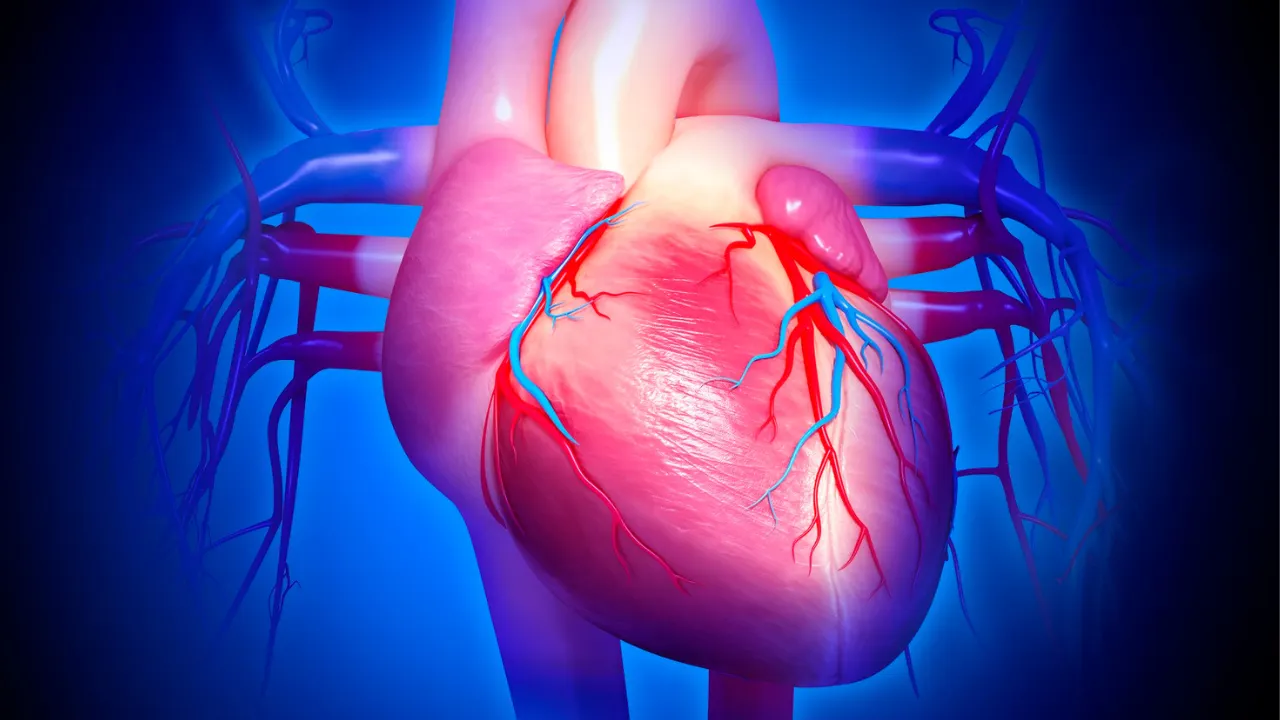The Surprising Connection Between Sleep and Heart Health
Diet and exercise may be the first things that come to mind when you think about taking care of your heart. However, what you do overnight counts too. Sleep deficiencies can contribute to many heart conditions, and heart troubles can make it difficult to sleep.
Experts have been aware of a link between sleep apnea and high blood pressure for many years. Now, ongoing research is discovering similar interactions related to insomnia and other sleep disorders.
Learn more about how you can use sleep to keep your heart healthy.

Understanding How Sleep Affects Your Heart
The Centers for Disease Control and Prevention estimates that one third of adults get less than the minimum recommendation of 7 hours of sleep each night, adding to their risk for heart disease, diabetes, and obesity. What does that mean for you?
Consider these facts:
1. Count your hours. Lack of sleep can disrupt your hormones and cause calcium buildup and other changes in your arteries. On the other hand, excessive sleep of more than 9 hours is associated with higher health risks too. Most adults need to aim for 7 to 8 hours nightly.
2. Watch your blood pressure. Your heart slows down, and your blood pressure drops while you sleep. This nocturnal dipping gives your body a chance to heal from daily stress. Without this time off, you’re more vulnerable to hypertension and other issues.
3. Manage diabetes. Elevated blood sugar can harm your blood vessels. Sleep helps to stabilize blood glucose, lowering your risk for prediabetes and Type 2 diabetes.
4. Lose weight. Do you crave fattening foods after a restless night? Studies show that lack of sleep may throw your hunger hormones out of balance, and make you want to overeat. Excess pounds increase inflammation and strain your heart, especially if they settle down around your midsection.
5. Reduce sleep apnea. If you snore and feel tired during the day, you may have sleep apnea. This disorder causes you to stop breathing intermittently while you’re asleep, putting you at greater risk for heart attack, stroke, and atrial fibrillation. Ask your doctor about CPAP therapy and other options.
6. Minimize disruptions. Even if you go to bed early, frequent interruptions can keep you from enjoying the four essential stages of sleep. The deeper stages of non-rapid eye movement sleep are especially beneficial for your heart. In addition, continuous sleep keeps your heart rate from spiking each time you wake up.
More Heart-Healthy Habits
Almost 80% of heart disease and stroke are preventable, according to the American Heart Association. Small lifestyle changes can make a big difference.
Include these heart-healthy habits in your daily routines:
1. Be consistent. One study found that shift workers had almost 20% higher rates of coronary heart disease. If possible, go to bed and wake up at around the same time each day.
2. Change your diet. Eat more fiber, including vegetables, fruits, and whole grains. Cut back on saturated fat and avoid trans fats.
3. Exercise regularly. Work your way up to doing at least 150 minutes of moderate activity each week. Cardio workouts like running and biking strengthen your heart and lower your blood pressure. Strength training conditions your heart and enhances your overall health too.
4. Learn to relax. It’s natural to feel anxious sometimes, especially in these chaotic times. Relaxation practices can help you to cope and enjoy more restful sleep. Take part each day in activities that help you relax.
Sufficient sleep and other heart healthy habits can lower your risk for many serious medical conditions. Talk with your doctor, so you can figure out which factors are most important for helping you to lead a longer and more active life.
Copyright 2023. All rights reserved.
This site and the products and services it offers, are not associated or affiliated with, nor endorsed or sponsored by Youtube or its parent. They have not been reviewed, tested or certified by Youtube or its parent company. Causes of ailment or condition vary amongst individuals. It is incumbent on each individual to perform due diligence before purchasing any product or service recommended by this site, to verify with the manufacturer any claim, statistic, quote or other representation about the product or service. Results mentioned in testimonials and references are not typical, and are intended to serve as examples only.This site may contain affiliate links, or other forms of compensation. An affiliate link is where we recommend a product or service and provide a link through which you may purchase. In the event that a purchase is made, we will be compensated. These statements have not been evaluated by the Food and Drug Administration.
